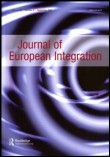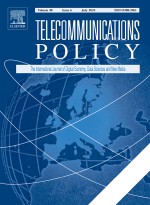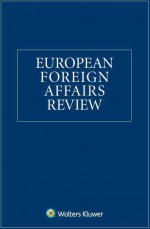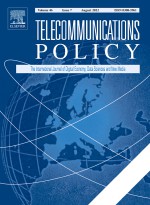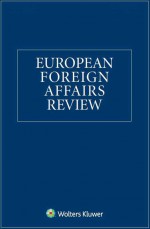Participation of Civil Society in EU Trade Policy Making: How Inclusive is Inclusion?
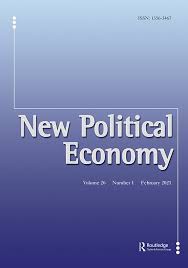
In response to growing contestation and politicisation of trade policy, policy makers have aimed to enhance the ‘inclusiveness’ of trade policy through the institutionalisation of deliberative forums in which civil society organisations participate. However, it is not clear whether these processes actually enhance inclusiveness. This article adds to our understanding of this question by, first, developing an analytical framework (the ‘inclusiveness ladder’) and, second, applying it to the civil society mechanisms (CSMs) of European Union (EU) free trade agreements. The unique feature of CSMs is their focus on ensuring that the actual implementation of trade agreement does not run counter to sustainable development principles. Specifically, our empirical research involves a mixed methods analysis of primary and secondary sources and a survey of civil society participants. We find that CS is largely included at the level of logistics and partly at the level of information sharing, whereas monitoring capacities remain limited and impact on policy-making is quasi-absent. Moreover, results suggest differences between business participants, who seem largely satisfied with the lower steps on the ‘ladder’, and non-governmental actors who insist on policy impact. Finally, we outline avenues for further research and reflect on policy implications.

